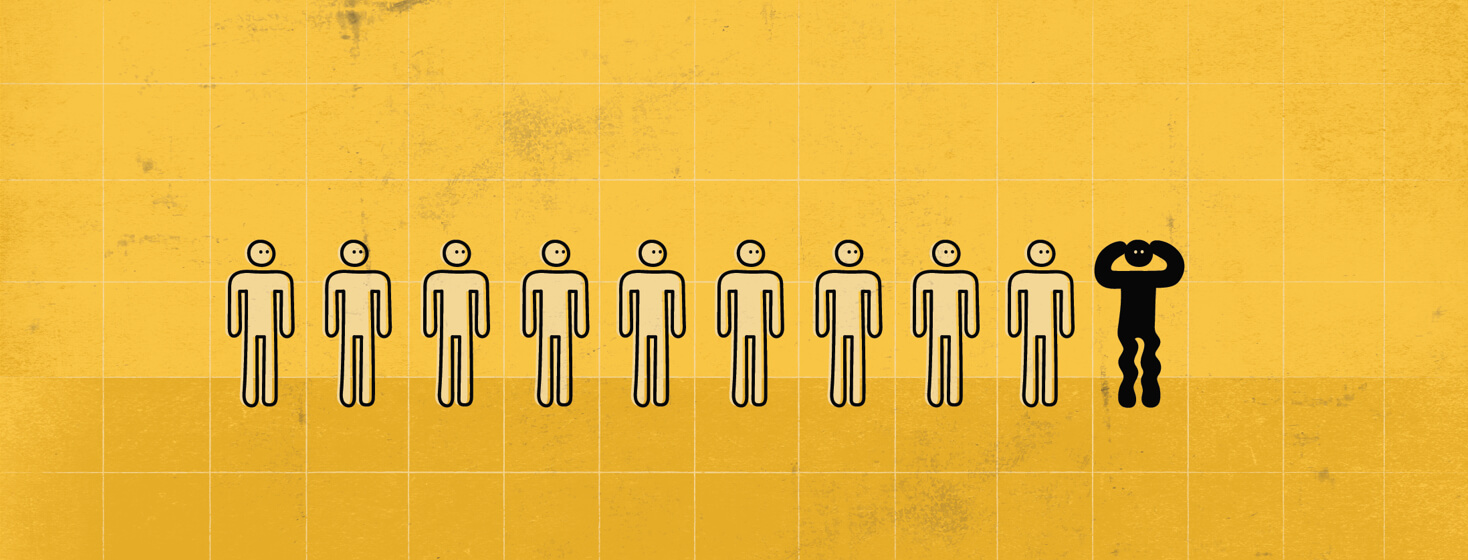When I Say I Have Restless Legs Syndrome...
When I say I have restless legs syndrome (RLS), people say, Me too! And they seem so cheerful about it. So, I feel sceptical.
I completely understand that periods of restlessness can strike so many of us at different times of our lives: in pregnancy; after chugging a few coffees; when you’re super excited; when you’re busting to get to the toilet; when you’re sitting through the most boring lecture of your entire life and you feel trapped in a small chair in a large auditorium filled with people you don’t know.
Restlessness is not restless legs syndrome
Many people can relate to these experiences. But I would argue that aside from pregnancy-induced RLS, the others are not a diagnosable condition. It’s just life. Sometimes we’re bursting with movement and sometimes, some lucky people, experience periods of rest and relaxation.
I think in short, there are people that confuse restlessness with restless legs syndrome. Restlessness is the inability to rest or relax, often as a result of anxiety or boredom.
RLS feels like your skin is crawling – a horde of beetles are marching through your bone marrow and it is not possible to stay still. Attempting to stay still for a short period of time results in intense discomfort – at times pain – and kicking that leg out or jiggling it like a well-used teabag offers momentary relief. And that relief disappears as soon as the movement stops.
RLS is not something you ever feel cheerful about.
When someone says they have RLS
So, when someone says they also have RLS I might listen and do a bit of investigative questioning.
Have you ever felt trapped on an aeroplane, desperately trying not to kick your seat buddy and the poor suffering soul who lucked out and got the seat in front of you?
What’s it like when you put your feet up at the end of the day and try to relax with a cup of tea in front of some binge-worthy Netflix? Do you have to sit as far away from your partner as possible so they don’t get mind-blowingly annoyed at your constant kicking out?
Is sleep something you dread because you know that no matter how exhausted your brain is, your legs are just about to wake up and dance for 6 solid hours?
Have you ever annoyed the crap out of your travelling buddies by insisting they stop the car every 45 minutes so you can “stretch your legs”?
Some people can relate, most cannot
Occasionally I meet people who relate completely but mostly I’m met with blank stares. Or opposition – I’m sure you’re exaggerating. It can’t be that bad. Can’t you just do a meditation and everything will settle down?
No. When you have a medical condition, you have almost certainly spent hours of your life Googling good ideas for relief. You have hopefully visited your doctor and discussed treatment options, starting with the lifestyle changes and natural supplements that help some people. Then if that doesn't work, looking at medications that can relieve symptoms. Because RLS is no joke and it impacts the quality of life.
Living in a body that cannot relax
It is definitely a condition that comes in degrees – some people experience it mildly and respond well to magnesium supplements or cold compresses. Other people can experience severe symptoms causing pain, affecting multiple limbs and occurring at all sorts of times.
Restless legs syndrome affects about 10 percent of the population - that is quite a lot of us.1 But 90 percent of people do not know what it is like to live in a body that cannot relax. So when I say I have RLS, chances are, Me too, is not quite true. But if it is – I am sorry you’re suffering too.

Join the conversation